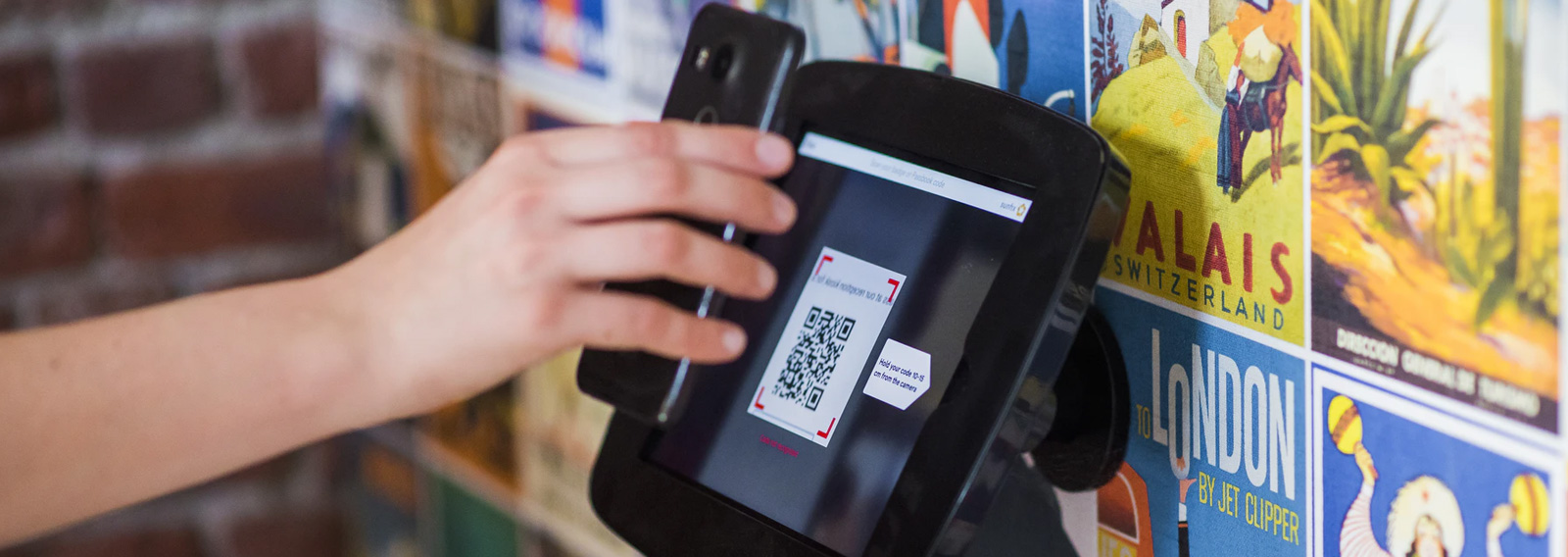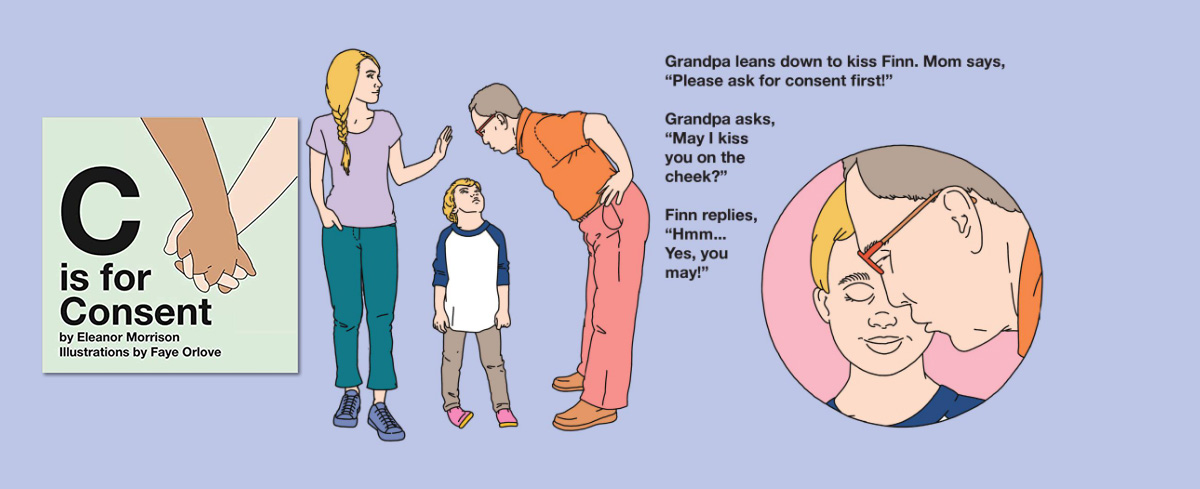Senior police in Western Australia have twice this year issued notices to the WA Health Department requiring them to hand over data from the state’s COVID SafeWA app.
According to Perth Now, the state government has moved to introduce legislation to protect contract tracing data from being accessed by police, in what, opposition leader Mia Davies called a “massive breach of public trust.”
Attorney-General John Quigley said he won’t criticize police for issuing the notices which granted them access to data to assist investigations into a murder and an attempted murder.
“They operated according to the law,” he said. “However the Government has had to do a balancing act… it is so critical that the public have continuing confidence in SafeWA and contact registering.”
“They have, at their resources, far more sophisticated methods of locating someone’s whereabouts,” Quigley added.
In Victoria, it’s been revealed that police can access the state’s QR code system data if applied through a court order, however, no requests have yet been made.
It has been revealed Victoria's QR code system could be accessed by police to help catch criminals, but we're being reassured our information is safe. @MelinaSarris7 explains. https://t.co/5zYfOfohG3 #7NEWS pic.twitter.com/yKSEPMcFj1
— 7NEWS Melbourne (@7NewsMelbourne) June 16, 2021
This only confirms early concerns we’ve raised that the data collected could be used for purposes other than contact tracing. And it’s not as though we didn’t have good reason then to raise those concerns.
For instance, the Australian Federal Police have previously admitted to accessing the metadata of Australians around 20,000 times in a 12 month period.
In 2016, for example, over 60 Government agencies applied to the Attorney General for metadata access, including the Australian Taxation Office, Department of Human Services, and even local councils.
According to a 2019 report from The Guardian: “ACT Policing has admitted it unlawfully access citizens’ metadata a total of 3,365 times, not 116 as previously disclosed in an explosive commonwealth ombudsman’s report…”
“The new disclosures include a total of 240 cases that resulted in information valuable to criminal investigations and one that ‘may have been used in a prosecution.’”
Monica Wilkie at The Spectator writes: “When Canberra introduced metadata laws a few years ago, we were told they would only be used to find terrorists. But greedy councils were soon demanding access so they could catch litterbugs. Facial recognition tool Clearview AI was allegedly misused by members of Australian Police departments. This information is only known because Clearview’s data was breached.”
As noted at the beginning of the “pandemic,” good intentions aren’t a safeguard from either bad decisions or bad consequences. While we might applaud the efforts to take murderers off the streets, ultimately, in the end, even the most petty criminal is now likely to dodge the QR check-in the next time they visit the local supermarket.



















